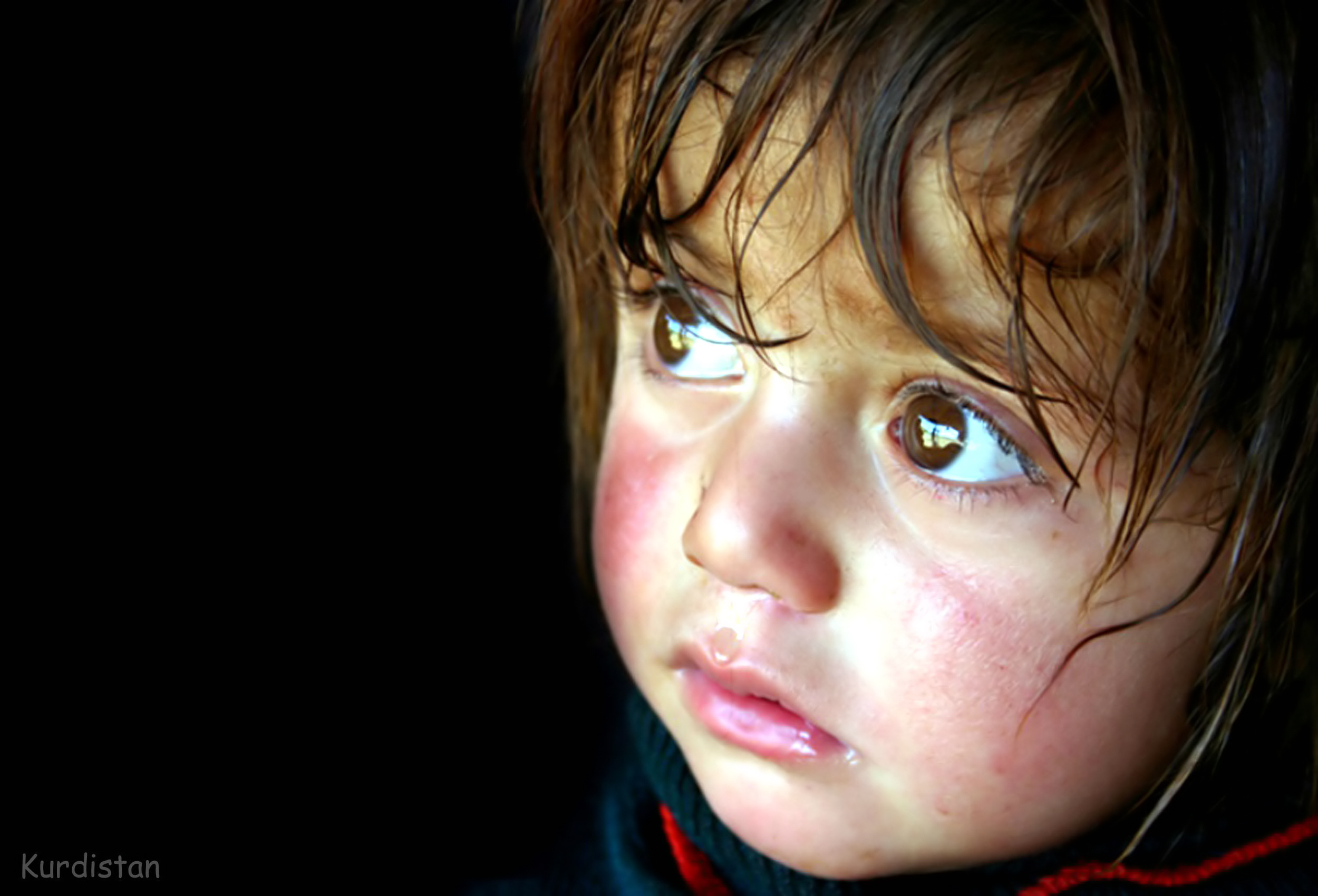It is axiomatic that human and educational rights are inextricably intertwined. This belief is affirmed by the Universal Declaration of Human Rights, and further detailed in the Convention against Discrimination in Education.[1] The European Convention on Human Rights states the right to education bluntly, “No person shall be denied the right to education.”[2] This provision applies to elementary, secondary, and higher education.[3]
The Kurdish population of Turkey – specifically females – have been systematically denied this right to an education. Research performed back in 2009 found that among the Kurdish-speaking population of Turkey, 46 percent did not complete a primary education and 37 percent were illiterate.[4] For Kurdish women the situation was even more dire, 80 percent are either illiterate or did not finish primary school.[5]
A study performed in 2015 by the Economic Department of Sabanci University in Istanbul laid bare the rather concerning statistics regarding the average years of schooling for Turkish children. It is important to note this study only analyzed the population of Turkey on a Macro scale, it did not differentiate between the Turkish and Kurdish populations. However, the study found that the geographic region of southeastern Turkey had a population with the lowest average of years of schooling.[6] The southeastern region of Turkey just happens to be the geographic region of Kurdistan, primarily inhabited by those of Kurdish descent.[7] The study went on to observe that female and rural populations were most disadvantaged, while urban males were the most advantaged. Between the years of 1990 to 2010, urban males in Turkey increased their average years of schooling from 6.84 years to 10.26 years. During that same time, rural females increased their average years of schooling from 2.36 years to 4.46 years. I’m no math expert, but an average of 10.26 years of schooling for urban males is more than double the average of 4.46 years of schooling for rural females. Considering the fact that the geographic region with the lowest average years of schooling also happens to be the rural area of Kurdistan, one can infer that it is the Kurdish women of Turkey who are most disadvantaged.
This study was performed in 2015, which does not take into effect the post-2016 crackdown on the Kurdish population by President Erdogan.[8] For those unaware, the Kurdish language was considered hazardous to the democracy of Turkey and was prohibited in public schools going back to the 1920’s.[9] This meant that young Kurdish children were being taught in a non-native tongue, an obvious hindrance to their studies. Over time the discrimination began to lift and substantial movements beginning in the 1990’s allowed the Kurdish language to find its way back into education and society.
However, a failed military coup in 2016 brought discrimination back in full force. President Erdogan shuttered language teaching departments in universities, the NGO’s which worked on Kurdish languages were closed, and Kurdish names were erased from southeastern cities.[10] Private schools which taught in Kurdish were shut down.[11] Even Kurdish TV and radio channels were not spared from this government shutdown. [12]
A brief read through the U.S. Department of State’s 2022 Report on Human Rights Practices in Turkey paints a bleak picture regarding human rights issues in the country.[13] Despite the issues facing Turkey, it is of the utmost importance that both western countries and Human Rights Organizations do not lose sight of these educational rights violations. It is imperative for the women of Turkey – specifically those of Kurdish descent – to fight for their right to education. The reason why it is imperative these women receive an education was most aptly stated by Nelson Mandela, for an “education is the most powerful weapon which you can use to change the world.”[14]
[1] What you need to know about the Right to Education, Unesco (last updated Apr. 20, 2023).
[2] European Court of Human Rights, Protocol to the Convention for the Protection of Human Rights and Fundamental Freedoms, art. 2 (1952).
[3] European Court of Human Rights, Guide on Article 2 of Protocol No. 1 to the European Convention on Human Rights, 7 (updated Aug. 31, 2022).
[4] Nurcan Baysal, Turkish schools leave Kurdish students behind, Ahval (last updated Nov. 22, 2018).
[5] Id.
[6] Alpay Filiztekin & Burhan Can Karahasan, Mapping the Educational Attainment in Turkey, Ekonomik Yaklasim, at 29 (Nov. 5, 2015).
[7] Kurdistan, Britannica (last updated Oct. 6, 2023).
[8] Hasan Aydin, Status of Education and Minorities Rights in Turkey, Georgetown Journal of International Affairs (Dec. 20, 2020).
[9] See id.
[10] Id.
[11] Id.
[12] Id.
[13] See generally U.S. Dep’t of State, Bureau of Democracy, H.R. and Lab., 2022 Country Reports on Human Rights Practices: Turkey (Türkiye) (2022).
[14] Valerie Strauss, Nelson Mandela on the Power of Education, The Washington Post (Dec. 5, 2013).


